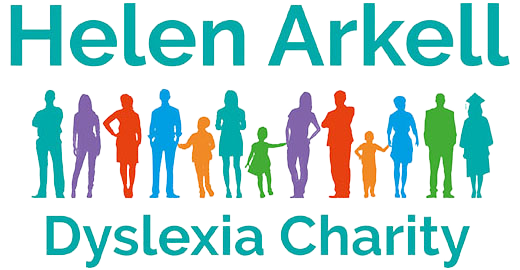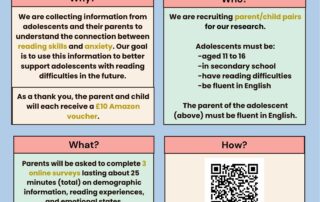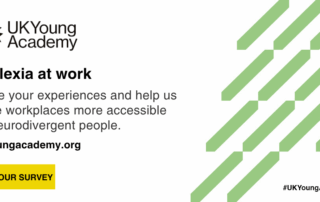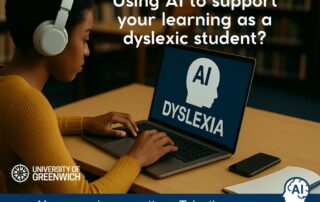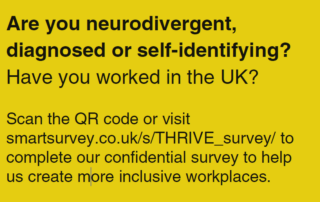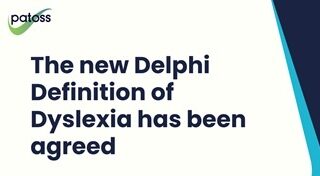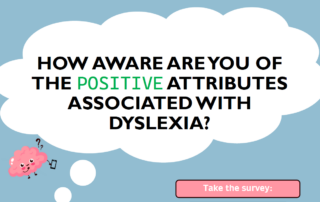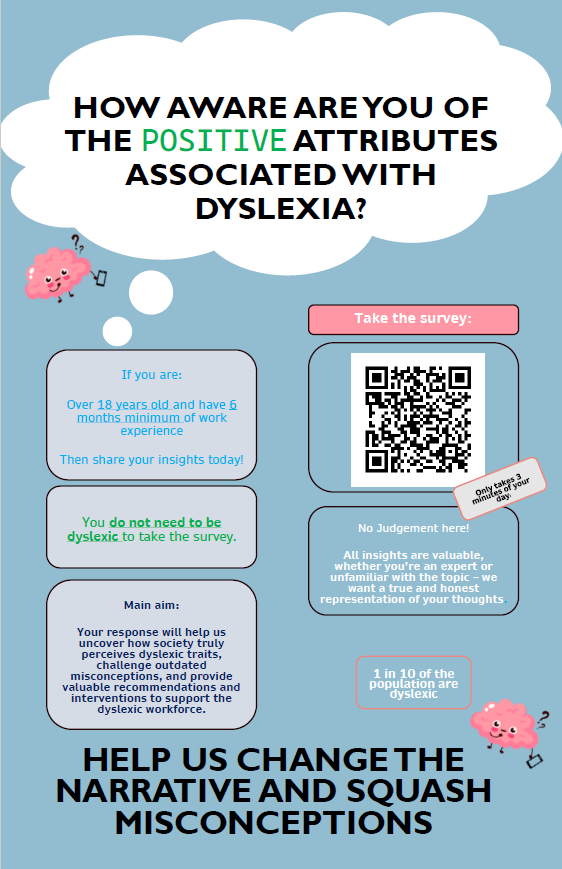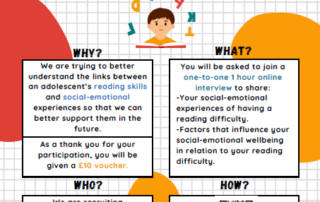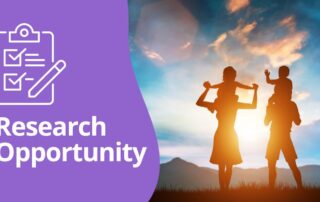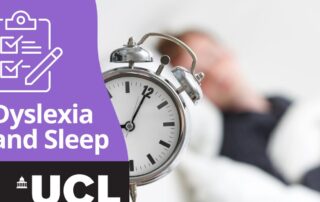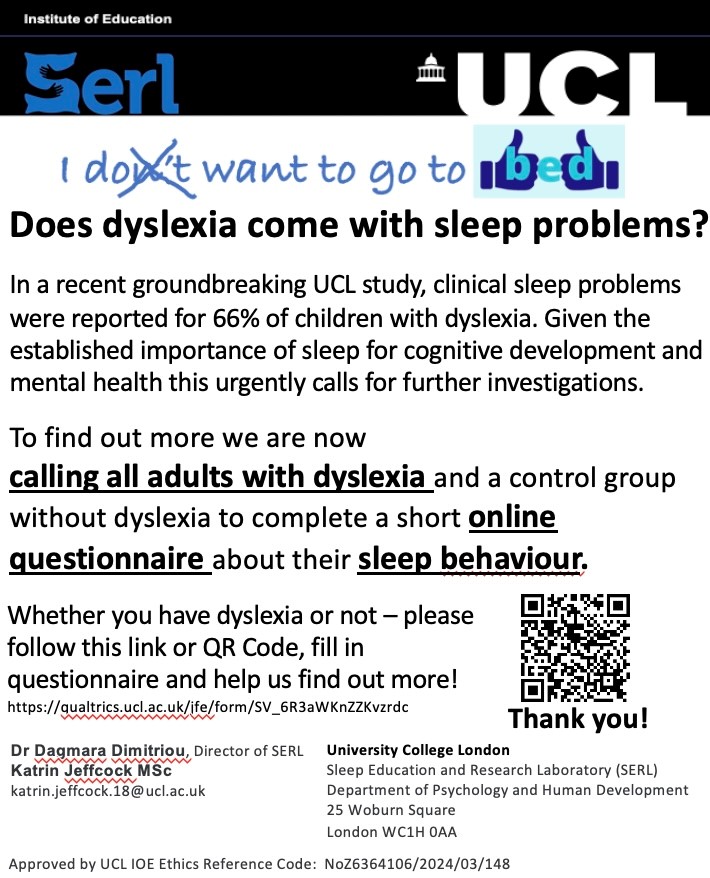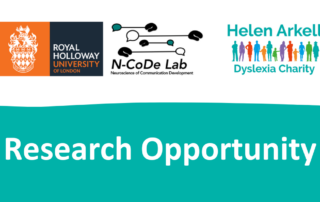News on research being conducted in the special educational needs sector to take part in as well as research findings in dyslexia and other specific learning differences.
Research Participants Needed
Help Us Understand Reading and Anxiety in Adolescents.
Are you a parent of an adolescent aged 11–16 who has reading difficulties and is fluent in English? Researchers at the University of Surrey are inviting parent-child pairs to take part in an online research study exploring the connection between reading difficulties and anxiety.
Why participate?
Your insights will help us better support adolescents with reading difficulties in the future.
What’s involved?
- Parents: Complete 3 short online surveys (approx. 20 mins total) and share child’s dyslexia assessment report via a secure link.
- Adolescents: Complete 2 short online surveys (approx. 15 mins total).
🎁 Thank you gift: Each parent and adolescent will receive a £10 Amazon voucher for participating!
📌 Eligibility:
- Adolescents aged 11–16.
- In secondary school.
- Have reading difficulties.
- Had a dyslexia assessment in the last year.
- Both parent and adolescent must be fluent in English.
🔗 Interested?
Follow the link to take part here or mail Jovana Durica at UnRAP@surrey.ac.uk to learn more and sign up.
Let’s work together to make a difference in how we support young people with reading challenges.
